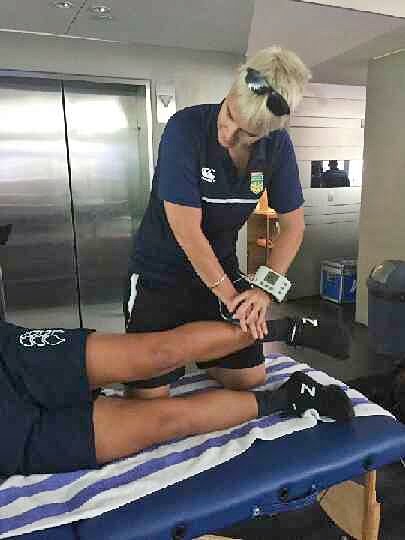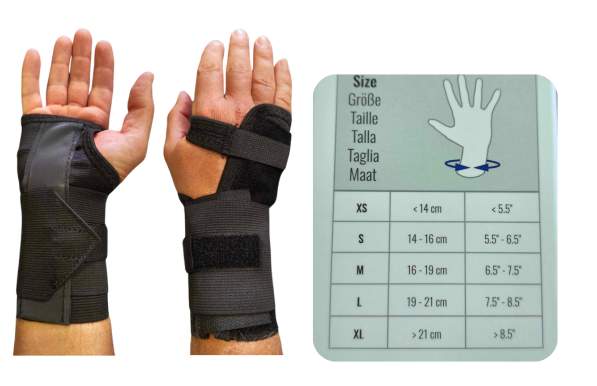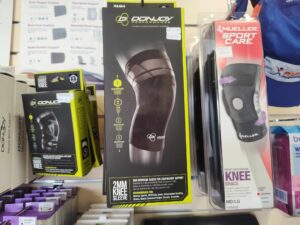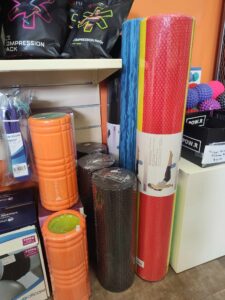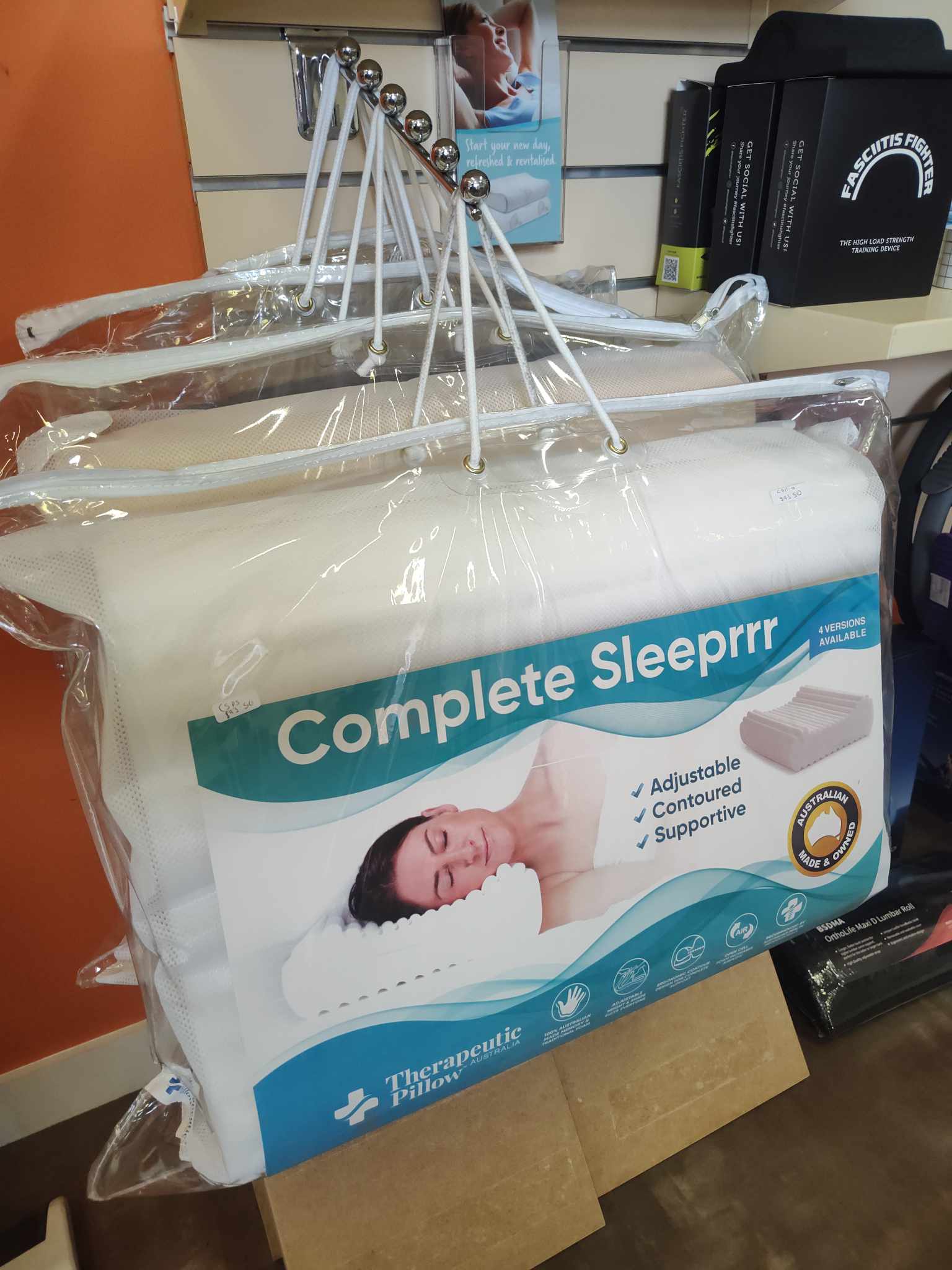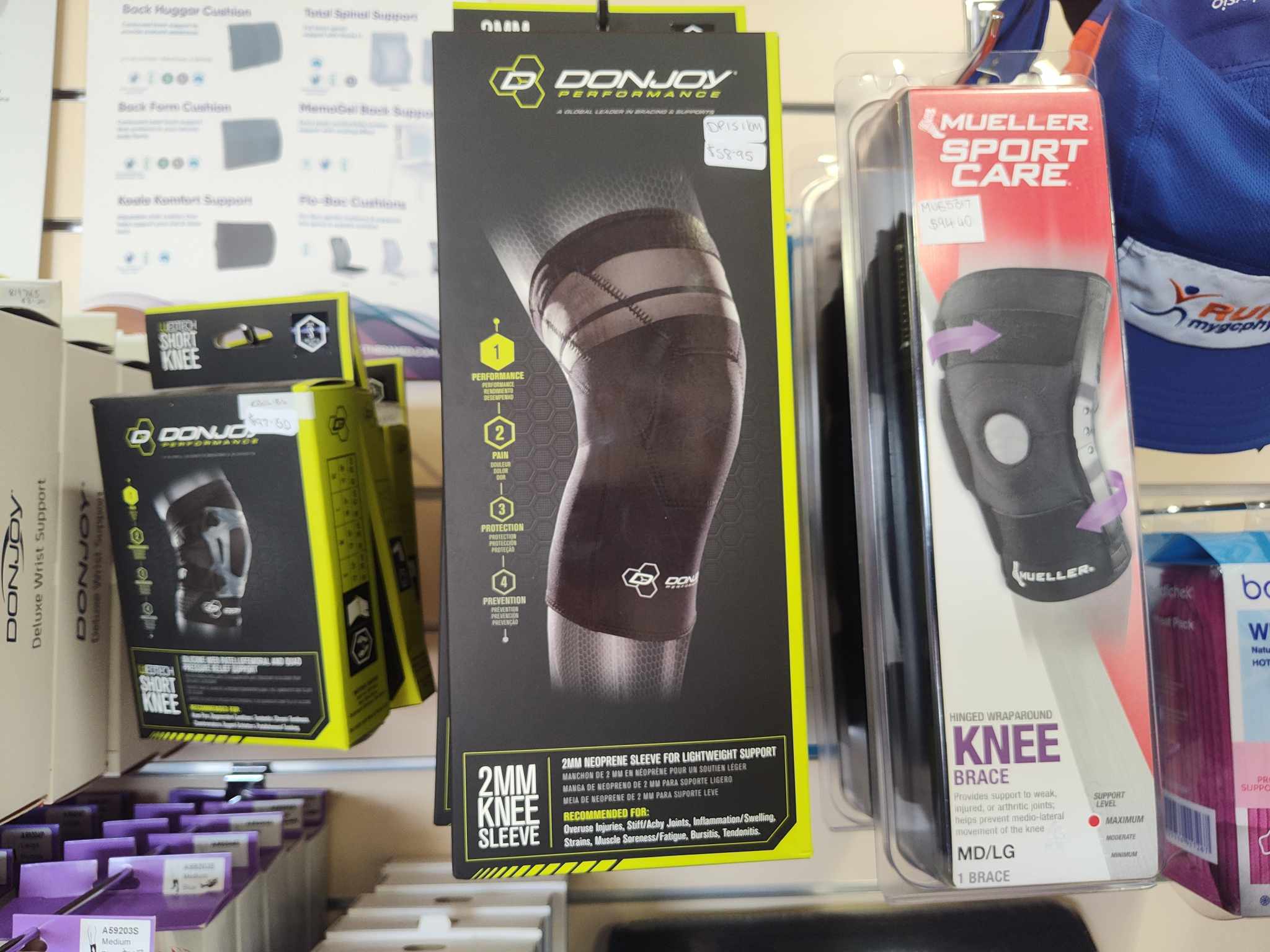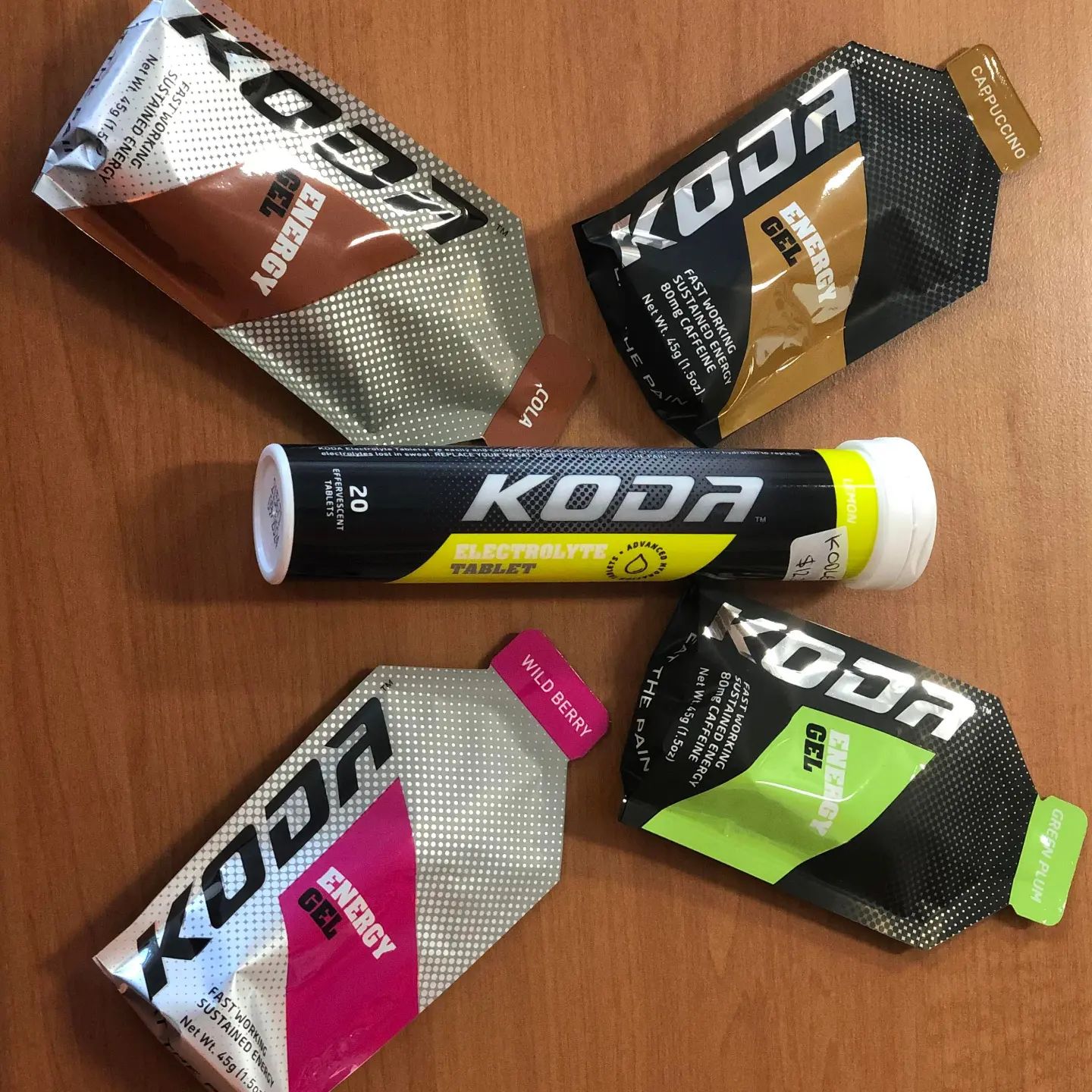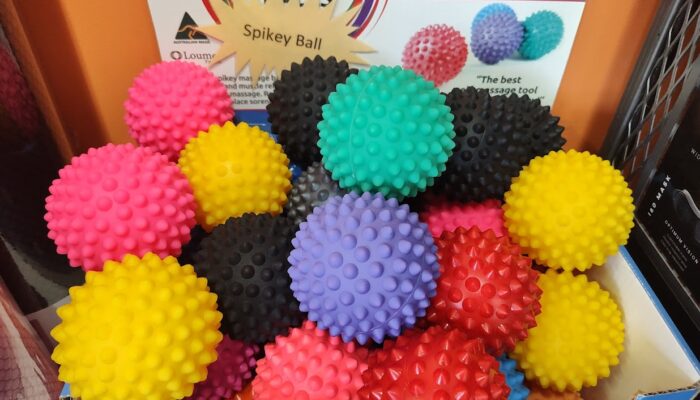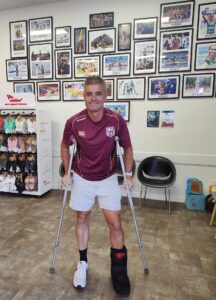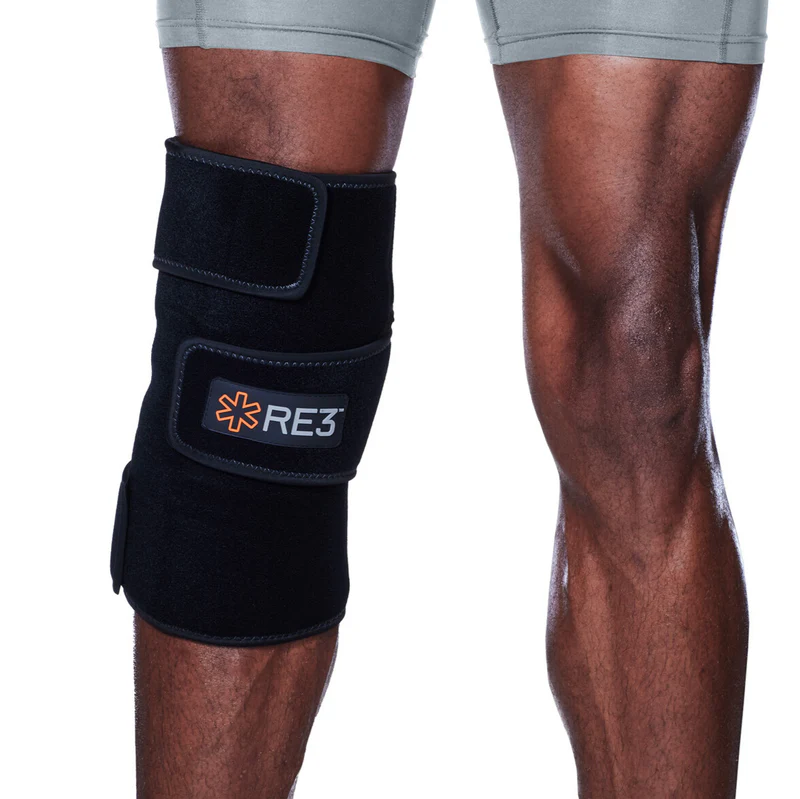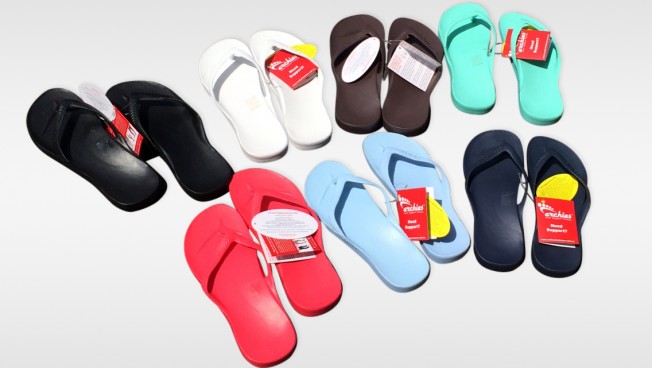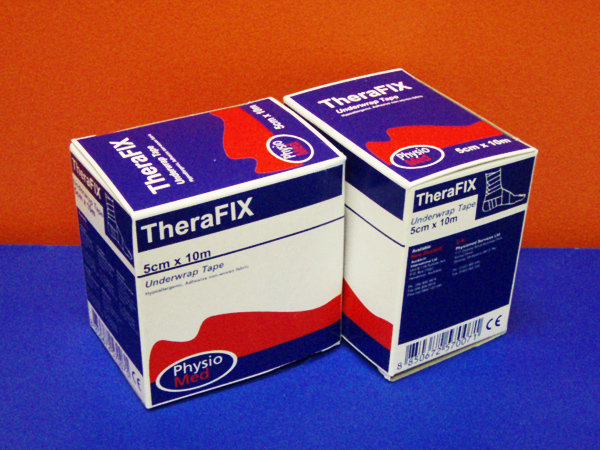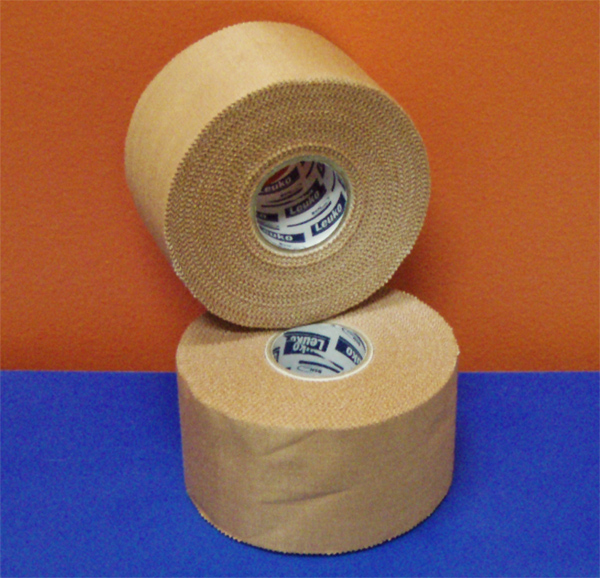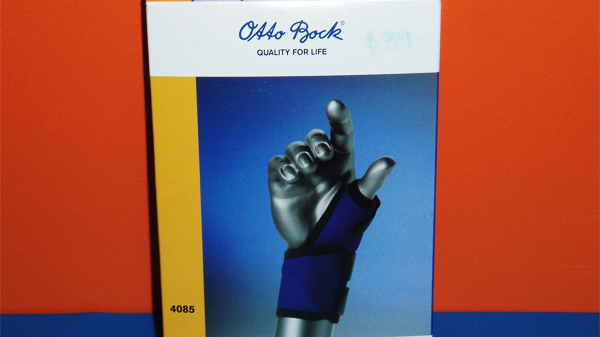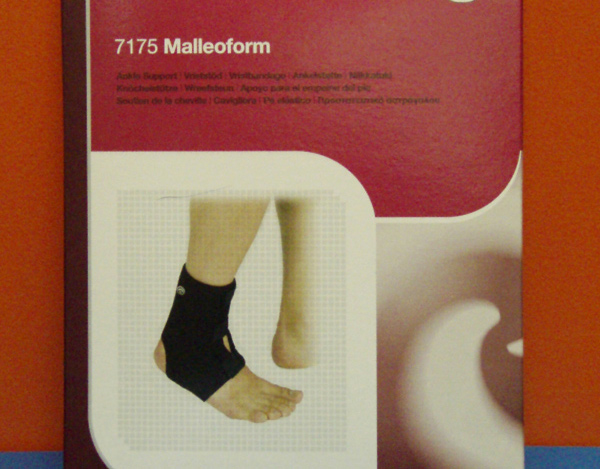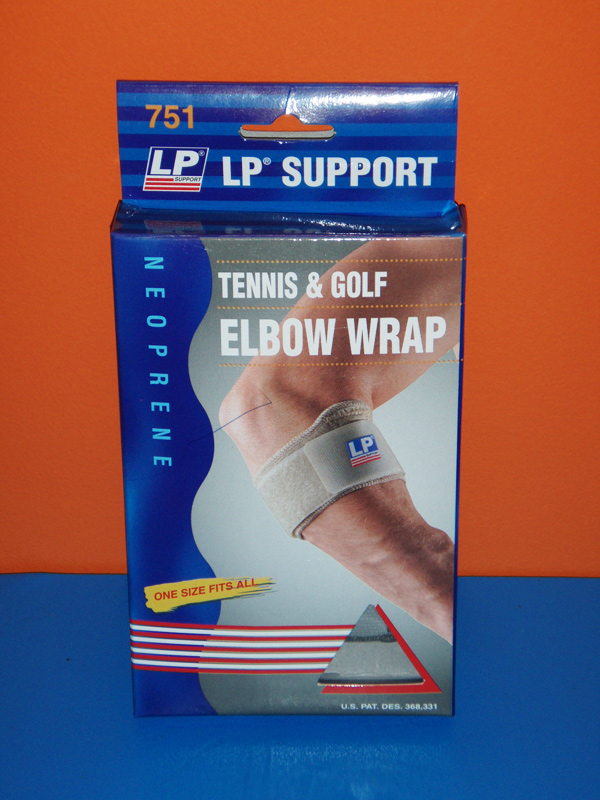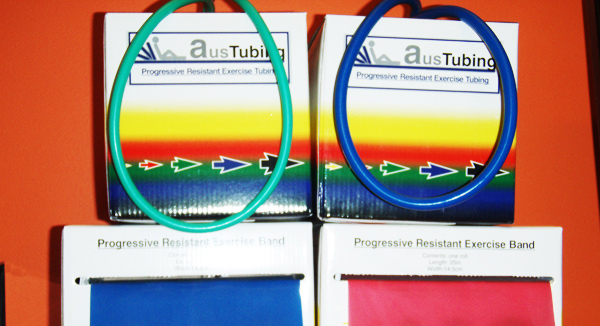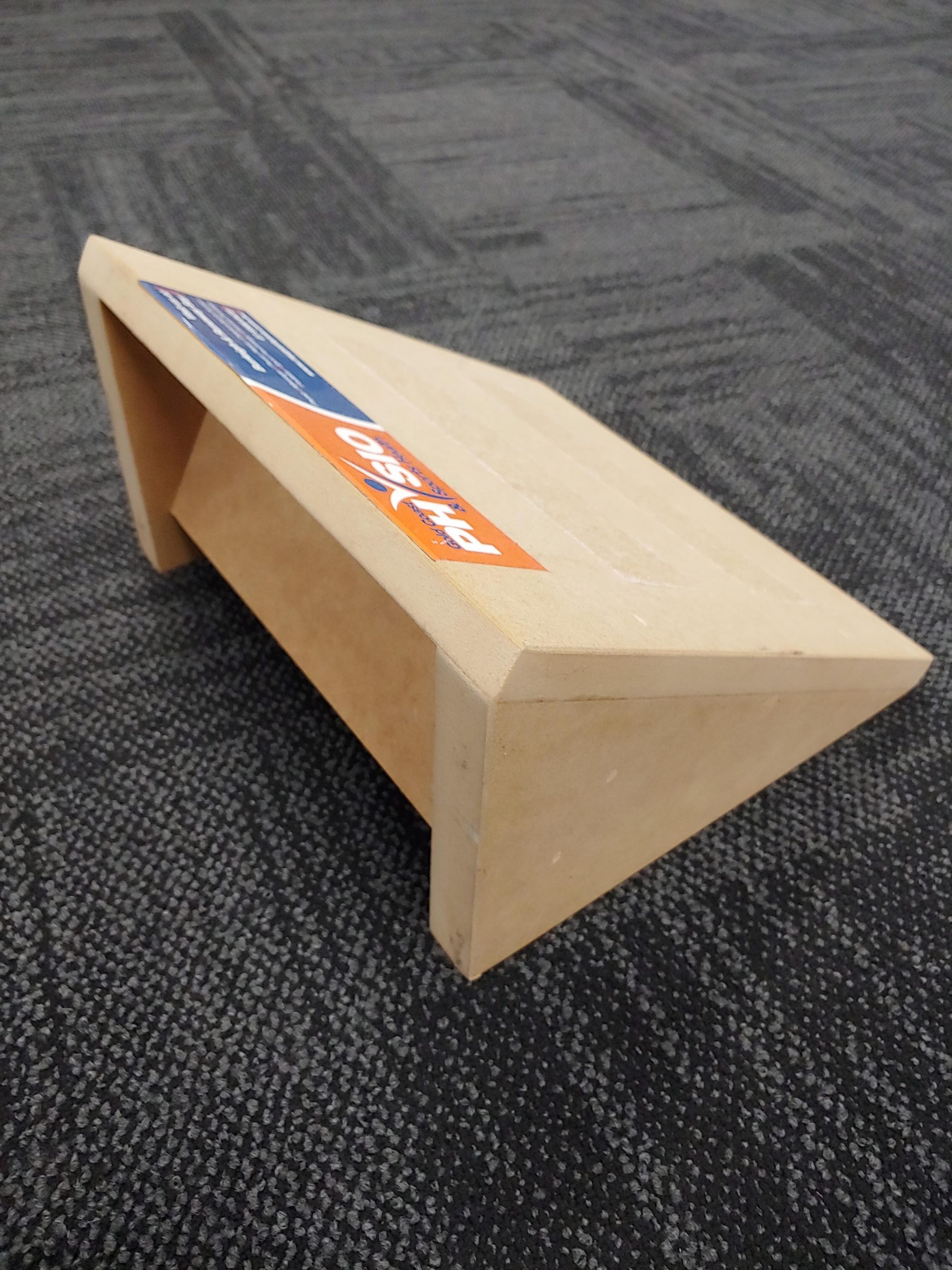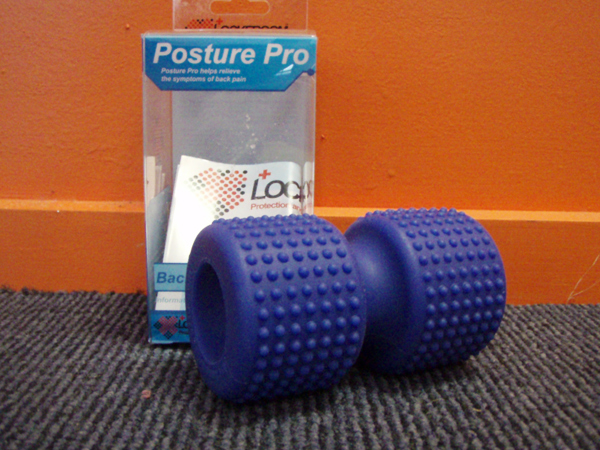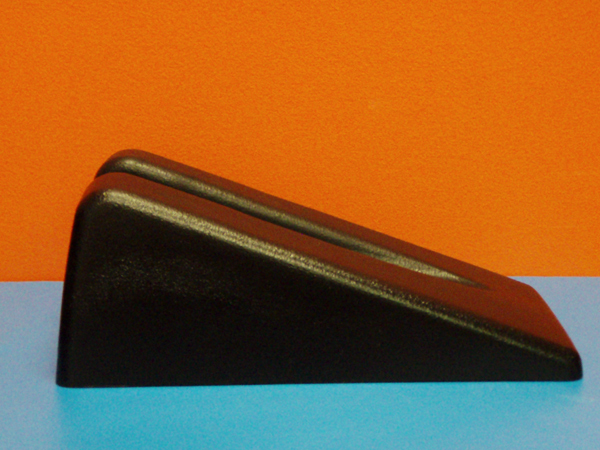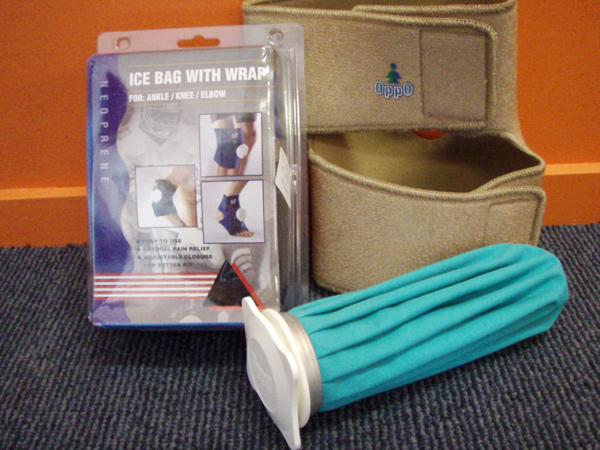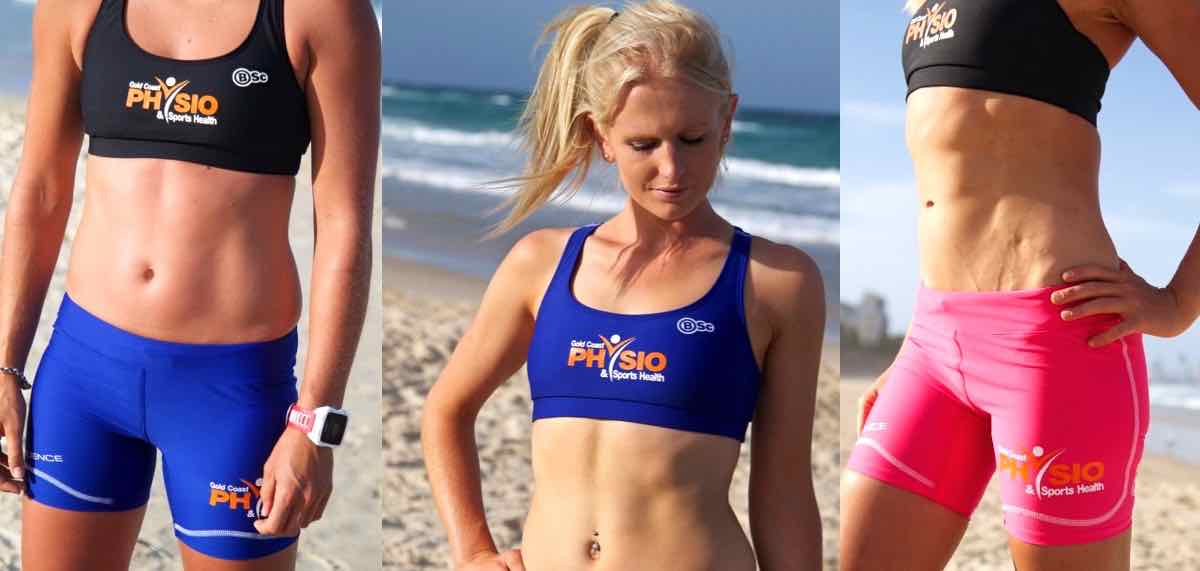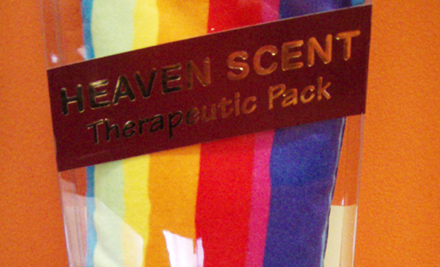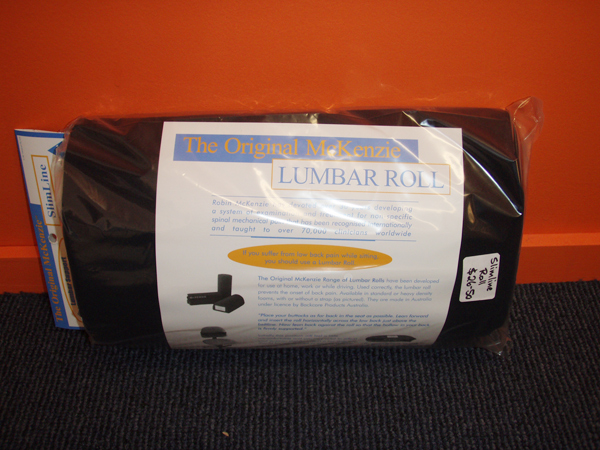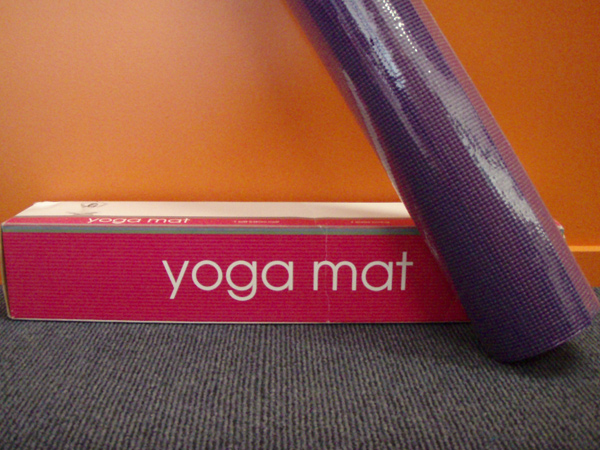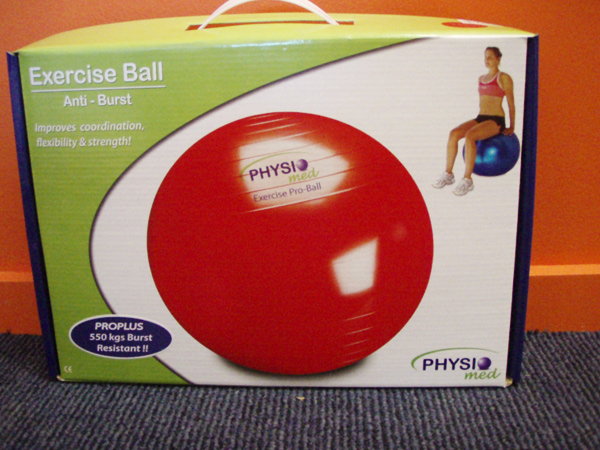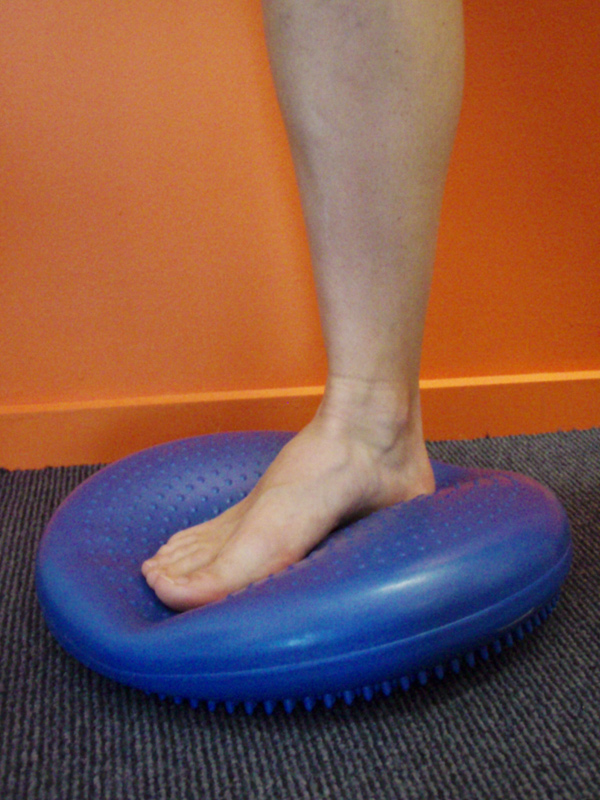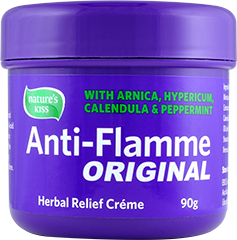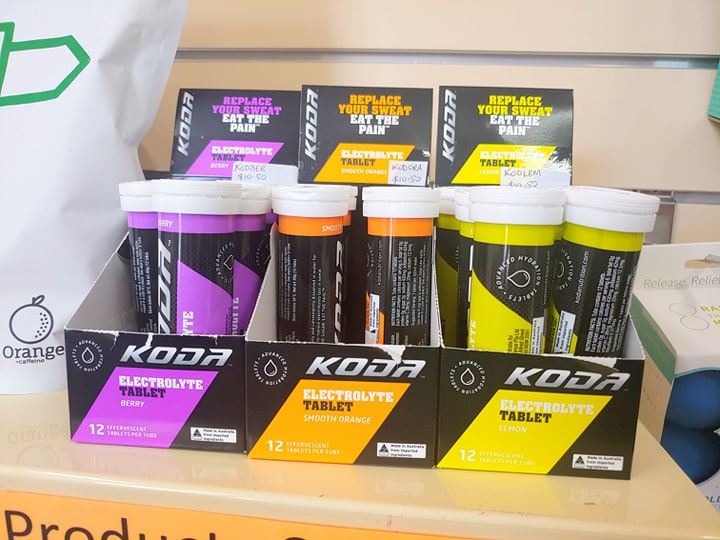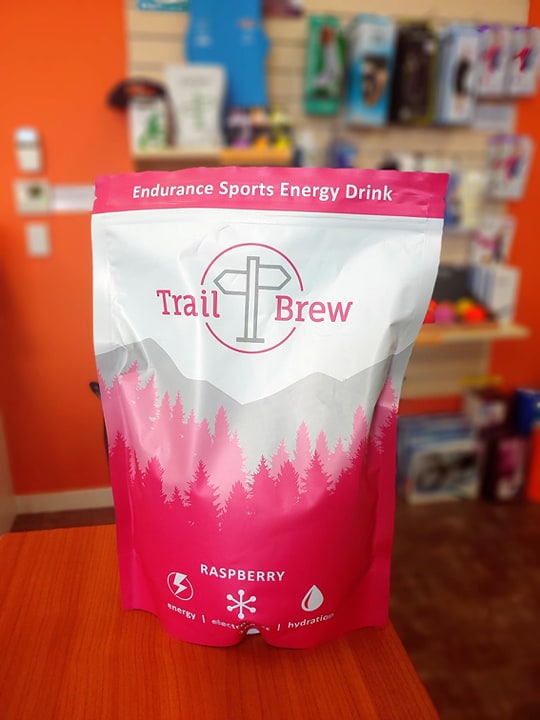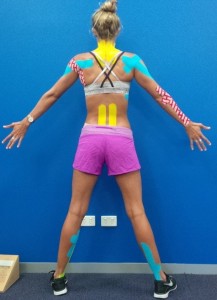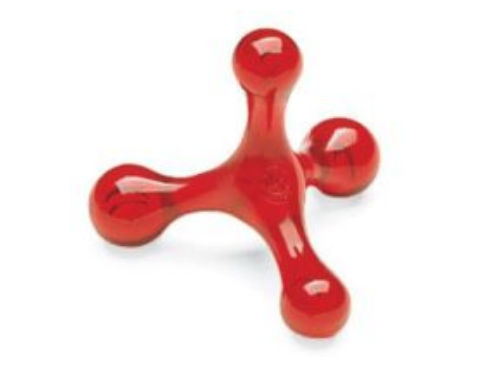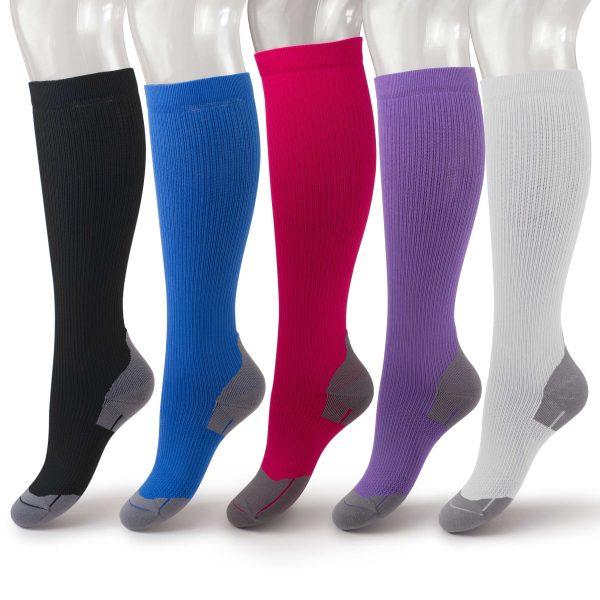Physiotherapist Sam McLaren interviews GCPSH APA titled Sports & Exercise Physio Ange Flack, who is proudly Australian Womens NRL Jillaroos & Qld Womens NRL head Physio. Ange talks her experience as a National Sports Team head Physio.
We have noticed you are away from clinic a lot what is it you do in a nutshell?
- I’m the physio for elite rugby league teams both Jillaroos and Qld state of Origin (Women). The main purpose is to minimise risk of injury, and in the unfortunate event that an injury occurs be there to manage it immediately and provide the best possible management to try and get the player in the best shape possible to continue with the tournament.
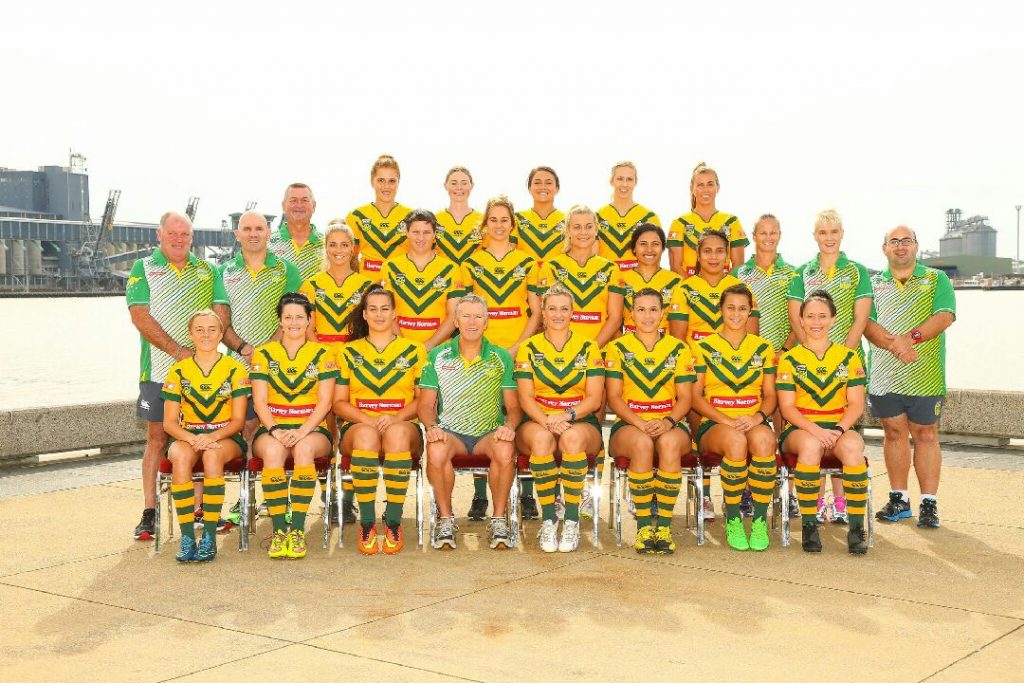
What’s it like to travel with a sports team?
- Travelling with a sports team presents with its challenges that often differ to that of working within the clinic. It often requires good strong interpersonal skills for quick decision making and being confident with your choice. You may have coaches / players under stress which may, at times, make you question your decision as the team physio but it is important to be confident in the clinical reasoning and make a judgement that puts the athlete / player’s health as a first priority. While away the physio may take on some other roles. For example
- Monitor players nutrition
- Encourage regular stretching and mobilising during the travel
- Monitor weight loss pre and post games / training for re-hydrating purposes
- Be responsible for warm-up / cool downs and post game recovery (eg ice baths)
What is the best part about working with these team?
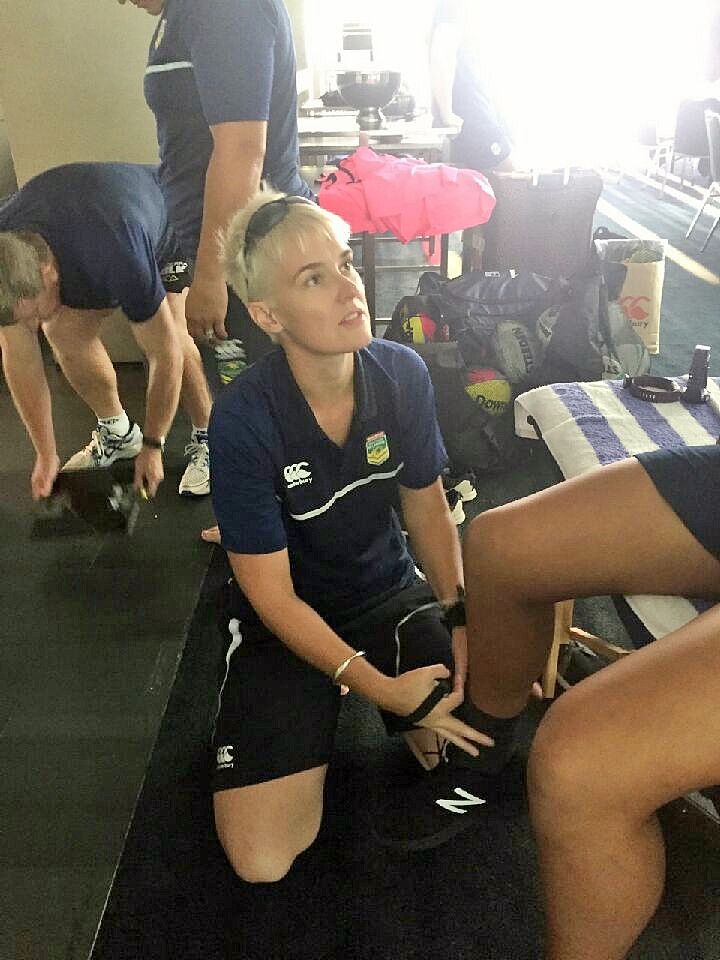
- There are many best parts about being with a sports team. I truly love every minute. It is very rewarding when players return to full fitness and can play at that top level. I love solving puzzles and those little break through moments, and I especially love seeing the players face when we get to that moment. I get to live vicariously through these players. I feel I go on the journey with them. You end up being a bit of everything to the team, their dietitian, sports scientist, physio, psychologist. I work with a great bunch of people that all work very close together. As a team we all experience the highs and lows together.
Are there any downsides?
- There is a huge amount of admin and the more you work with elite athletes the more admin there is. At a State and National level there is a lot of communication between coaches, doctors, other physios, governing bodies therefore a lot of phone calls and emails. Travelling can also have it’s challenges, we travel with about 100kg of equipment (braces, crutches, moon boot etc.) so pulling that through the airport takes it’s toll.
- It involves long hours, months away from home, extensive education. The hours are unpredictable, starting at the crack of dawn and into the night. However those passionate in sports performance should purse it with the rewards of knowing that they genuinely help elite athletes to achieve the goals.
What’s the hardest discussion you have had to make?
- There has been a few but probably the most recent was one from the weekend when I had to rule a player out from continuing to play for her State. It’s hard because you see how dedicated these players are and how many sacrifices they make. Some girls fly to Brisbane during the season to play a game of football, others get up early while away on their honeymoon just so they don’t miss a days training.
You play some pretty unusually sports would you ever consider playing rugby league?
- I’d consider going to a training session or two. I believe the most important thing is to truly understand the game you are trying to work with. If you can’t understand what it is like to be a sportsperson you can’t understand what they are thinking. Very few elite sports people play without some level of pain. You just have to know how to deal with It and also whether there is going to be any long-term damage or can you get them back on the field. So you have to understand the game and the feeling of playing sport. In regards to playing a season of rugby league I’d have to ask for injury leave to be written into my contract.
Is it what you expected?
- Personally, I didn’t realise how much of an influence I’d have. You work with the team every day so they take your opinion seriously. I also didn’t appreciate how much of a counsellor you end up being.
Any last final words
- Seriously it’s the best adrenalin-pumping and goosebumps ride I’ve ever taken and I wouldn’t change it for the world.
Thanks Ange and good luck to you and the women at NRL World Cup in December.
Ange is available for consult monday to friday at our Ashmore clinic when not on tour, so phone or book online for an appointment (07 5500 6470) and get the benefit of her experience for your management.
